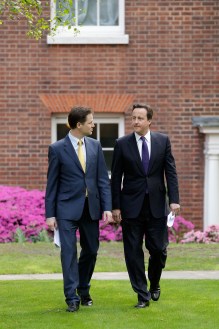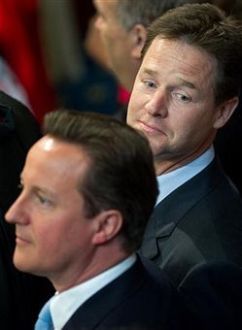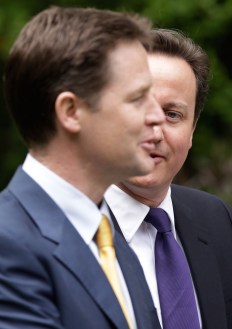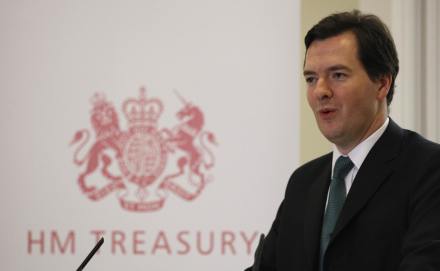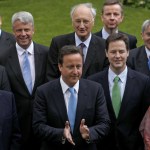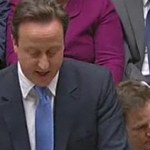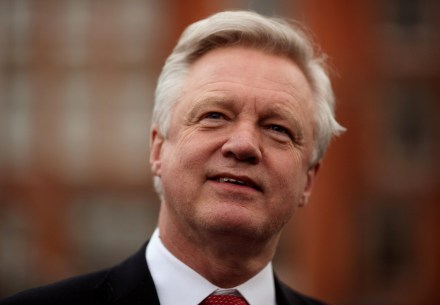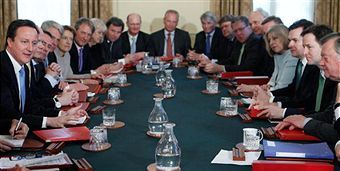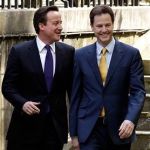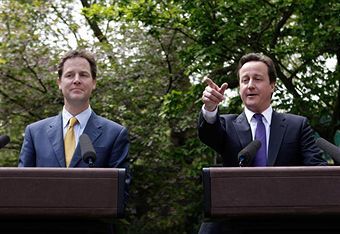Can he stay or must he go?
Paul Waugh and Matthew D’Ancona are debating whether David Laws will stay or go. D’Ancona is plain that Laws must go; Waugh wonders if this is an ‘Ecclestone moment’ and that Cameron and Clegg will dig in. John Rentoul agrees with Waugh. Laws’s situation looks bleak, and Andrew Grice concludes that Laws is no longer master of his fate. But it is not hopeless and Laws can survive. Laws is indispensible to the coalition – especially with left-wing Lib Dems Menzies Campbell and Simon Hughes increasingly intent on dissent. Second, who would replace him? There’s more talent on Virgin TV than there is on the blue and yellow benches, and



